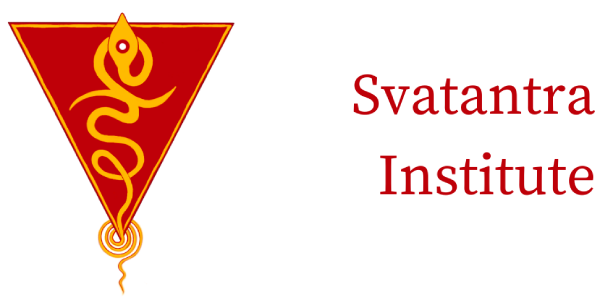Question: I have been on this spiritual quest for many years and have a working understanding of liberation. I have read all the books, listened to all the satsangs and yet feel it is all still in the mind. What is missing?
Response: Well, the real question is this – what do you really, really, really want?
Question: To go back home, to the Source. But I’m not ready to give up the phenomenal world either. Does this need to be given up?
Response: Nothing needs to be given up or run away from to see that you are already home. However, a critical element on the spiritual path is absolute self-honesty. And this has to do with unabashed examination of what one really wants out of life and this path. There are no right or wrong answers, and all desires are perfectly valid.
Often, it may be difficult to discern what we really want, especially on the spiritual path. The mind is such an intelligent apparatus that its own true motives are often hidden well from its conscious awareness. We might consciously state and feel that liberation is what we want, when in reality there may be several other “objectives” we are desiring to accomplish. And these objectives can be highly sattvic – of wanting to serve, to be more spiritual, to become more knowledgeable about all things spiritual, to play with energy, to fit into certain (spiritual) circles, to improve our lives through spirituality, to become a better person and on and on. The human psyche is such that these other agendas, when present, overshadow the desire for liberation. Moreover, as long as there are deep desires that are unfulfilled, they will always take precedence over everything else – the desires for love (romantic, platonic, parental, etc) and acceptance, for example, are usually so strong that we can spend many lifetimes seeking those in the guise of liberation. Hence, in the ashrama system, moksha (liberation) comes last in the classification of universal desires. Moksha cannot be first on anyone’s list if their basic needs are not met and deep desires are not fulfilled.
Another predicament of modern spirituality is how liberation or enlightenment is defined. “Enlightenment” seems to mean different things to different people. Some declare enlightenment to be the ability to commune with higher beings or exhibit special powers. Some call the arising of energy to be enlightenment. Some others call all higher thinking to be “enlightened” thinking. Yet, liberation is quite simple – to see the real nature of the “I”. What prevents us from seeing this in the first place? It is merely the constant pull of the senses and the mind to external objects and how those objects relate to our identity as this person. So, what do desires have to do with this? All desires center around the “I”, even when they seem to be altruistic. Even the desire for knowledge centers around the “I” obtaining this knowledge. Thus, all attention is diverted to external objects (say, knowledge), and the subject is inadvertently and totally ignored. Eventually, desires thin out and we finally turn our attention to the subject – this is called the indirect path. On the other hand, attention to the subject, (the “I”) and inquiring into its nature is called the direct path since all external objects are ignored in favor of curiosity about this “I”. However, what the direct path demands is that we let go of all external objects, including the need for (and of any acquired) spiritual knowledge. On one path, we will acquire more and more – of knowledge, of spiritual status and of spiritual “garb”. On the other, we will lose it all. The key to the leap from the indirect to the direct path is whether or not there are other conflicting desires. Unfulfilled and/or unrelished desires lead to fear and anxiety about not having something and/or losing it once it is had. Fear leads to clinging (albeit subconsciously) to the person we think we are and to the state of “delusion” described in the Bhagavad Gita (BG 2:62-63).
The truth is that all beings long for happiness. This happiness is sought in objects until they no longer wield their power over us. Until then, we will be rewarded with whatever our soul most deeply desires. In the Bhagavad Gita, Lord Krishna declares, “in whatever way men approach Me, in that way will I appear to them” (BG 4:11). Thus, we try to find Him (in the form of happiness) in wealth, fame, spiritual seeking, knowledge and so on – in every case, He gives us Himself in that form (wealth, fame, seeking, knowledge..). The beauty of human life is that we “worship” whatever we seek with constant attention and surrender to it wholly, letting it takeover our hearts and minds (BG 4:12). When the attraction to all external objects fades from exhaustion/fulfillment or burning of the unfulfilled desires through the Grace of tapas, we will come to worship the subject and surrender to it. And in this surrender, the transition occurs from the indirect to the direct path. Here, sadhana begins in earnest.
With absolute self-honesty, we can ask and open to be shown what our deepest desires and agendas may be. As these desires are fulfilled and/or exhausted, the desire for liberation becomes more transparent and earnest, and finally stands as the sole objective. It is then ripe for recognizing that which had always been present but had merely been obscured. We discover that we have never left home.
